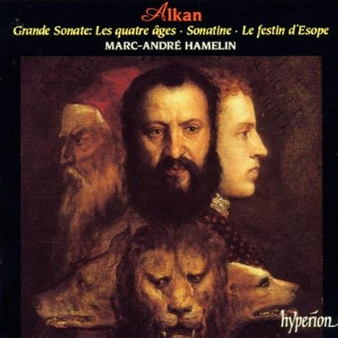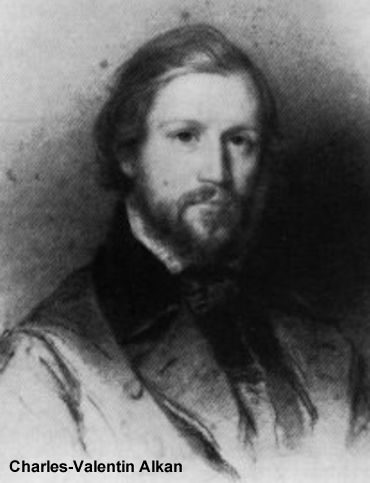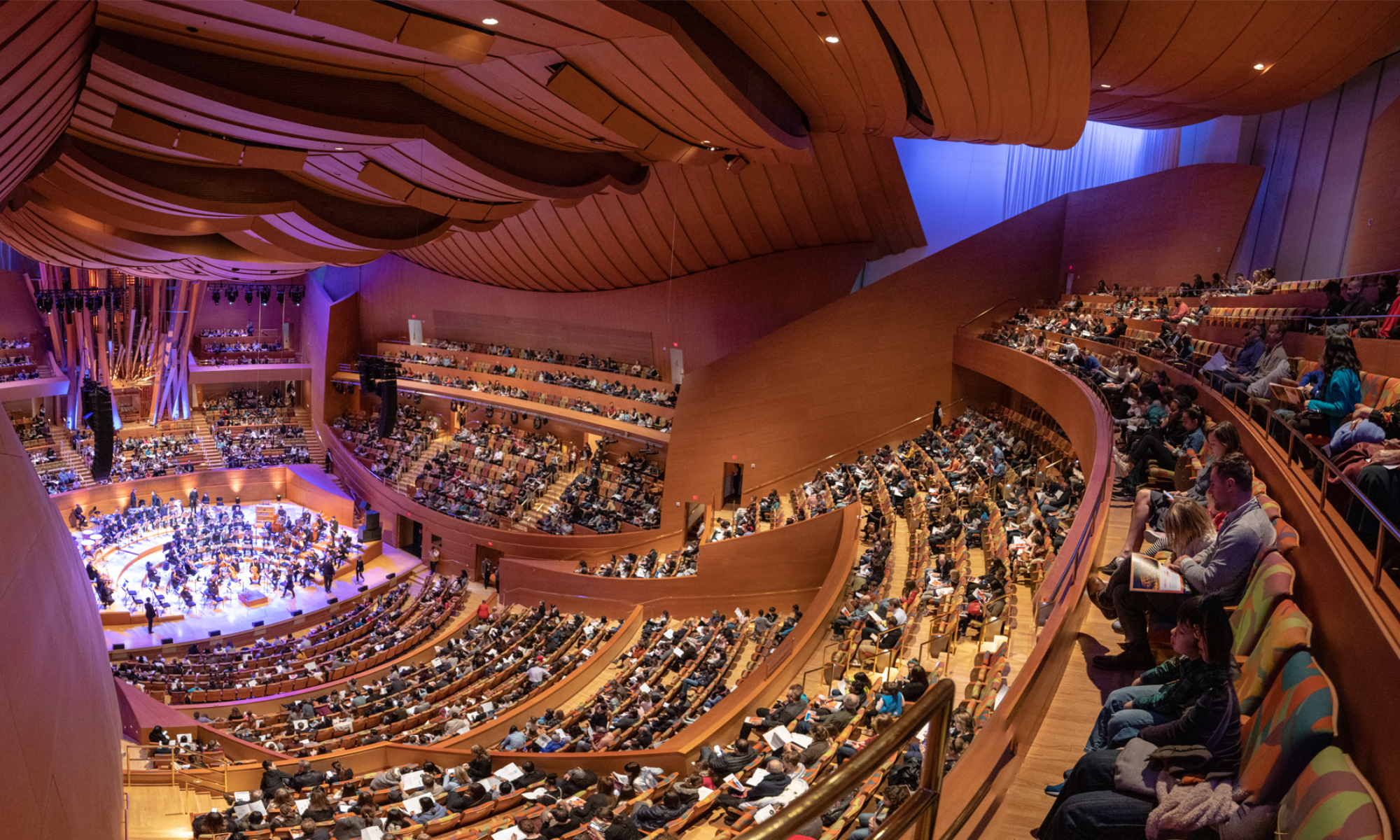 Charlies-Valentin Alkan (1813-1888)
Charlies-Valentin Alkan (1813-1888)
Grande Sonate ‘Les Quatre Ages’ – Opus 33
Le Festin D’Esope (Op. 39, No. 12)
Pianist: Marc-Andre Hamelin (Hyperion)
Recorded November 23 & 24, 1994
ONE-SENTENCE REVIEW:
If Alkan do it – so can you (actually you probably can’t but Marc-Andre Hamelin comes pretty damn close in this brilliant recording)
ORIGINAL LINER NOTES [EXCERPT] (by Francois Luguenot):
 Charles-Valentin Alkan: A Life’s Works
Charles-Valentin Alkan: A Life’s Works
The Grande Sonate and Sonatine, brought together on this recording, are Charles-Valentin Alkan’s first and last masterpieces for solo piano and illustrate two extremes in the composer’s aesthetic development.
In many respects, the Grande Sonate Op. 33 is one of the pinnacles not only of Alkan’s output but of the entire Romantic piano repertoire.
In writing a piano sonata, Alkan was reviving and preserving a form which was not merely undervalued by the French but was even described by Schumann as being “worn out.”
In the hands of this extremely discreet composer, it could almost claim to be a manifesto: composed in the wake of the 1848 Revolution, and dedicated to his father, it is prefaced by what constitutes one of the rare official examples of the composer’s taking an aesthetic stand on an extremely controversial matter: programme music.
His text is not to be overlooked:
Much has been said and written about the limitations of expression through music. Without adopting this rule or that, without trying to resolve any of the vast questions raised by this or that system, I will simply say why I have given these four pieces such titles and why I have sometimes used terms which are simply never used by others.
It is not a question here, of imitative music; even less so of music seeking its own justification, seeking to explain its particular effect or its validity, in a realm beyond the music itself. The first piece is a Scherzo, the second an Allegro, the third and fourth an Andante and a Largo; but each one corresponds, to my mind, to a given moment in time, to a specific frame of mind, a particular state of the imagination. Why should I not portray it? We will always have music in some form and it can but enhance our ability to express ourselves: the performer without relinquishing anything of his individual sentiment, is inspired by the composer’s own ideas: a name and an object which in the realm of the intellect form a perfect combination, seem, when taken in a material sense, to clash with one another. So, however ambitious this information may seem at first glance, I believe that I might be better understood and better interpreted by including it here than I would be without it.
Let me also call upon Beethoven in his authority. We know that, towards the end of his career, this great man was working on a systematic catalogue of his major works. In it, he aimed to record the plan, memory or inspiration which gave rise to each one.
 The composition and publication of the Grande Sonate occurred at a crucial moment in the composer’s life.
The composition and publication of the Grande Sonate occurred at a crucial moment in the composer’s life.
During the summer of 1848, when the Revolution was not yet over, Zimmerman, Alkan’s teacher, resigned from his position as Professor of Piano at the Paris Conservatoire.
It would seem natural enough that Charles-Valentin, his most brilliant and promising student, should succeed him; but in the troubled climate of the time, and as a result of some predictable intrigue, it was in fact a second-rate musician, Antoine Marmontel, who was to gain the post.
This was a particularly bitter pill for Alkan to swallow; he was to fade gradually further into obscurity and renounce all public and official posts.
The Revolution was also to harm any publicity which might have surrounded the publication of the Grande Sonate; although it was well heralded in the music magazines, it would appear that there was not one single review of the piece, nor one public performance thereafter.
The British pianist Ronald Smith is fully justified in thinking that he brought the piece to life in America in 1973 when he gave it its first public performance!
TRACK LISTING:
- 1-4: Grande Sonate ‘Les Quatre Ages’ Op. 33 [38:48]
- 5-8: Sonatine Op. 61 [18:05]
- 9: Barcarolle Op. 65 no. 6 [3:41]
- 10: Le Festin D’Esope Op. 39 no. 12 [8:40]
FINAL THOUGHT:
Seriously, if you’ve heard the Grande Sonate ‘Les Quatre Ages’ you would feel as I do – completely stunned that this great piano work didn’t have its public premiere until 1973. Alkan got screwed.
 Emily Sachs – President – Manka Music Group (A division of Manka Bros. Studios – The World’s Largest Media Company)
Emily Sachs – President – Manka Music Group (A division of Manka Bros. Studios – The World’s Largest Media Company)


